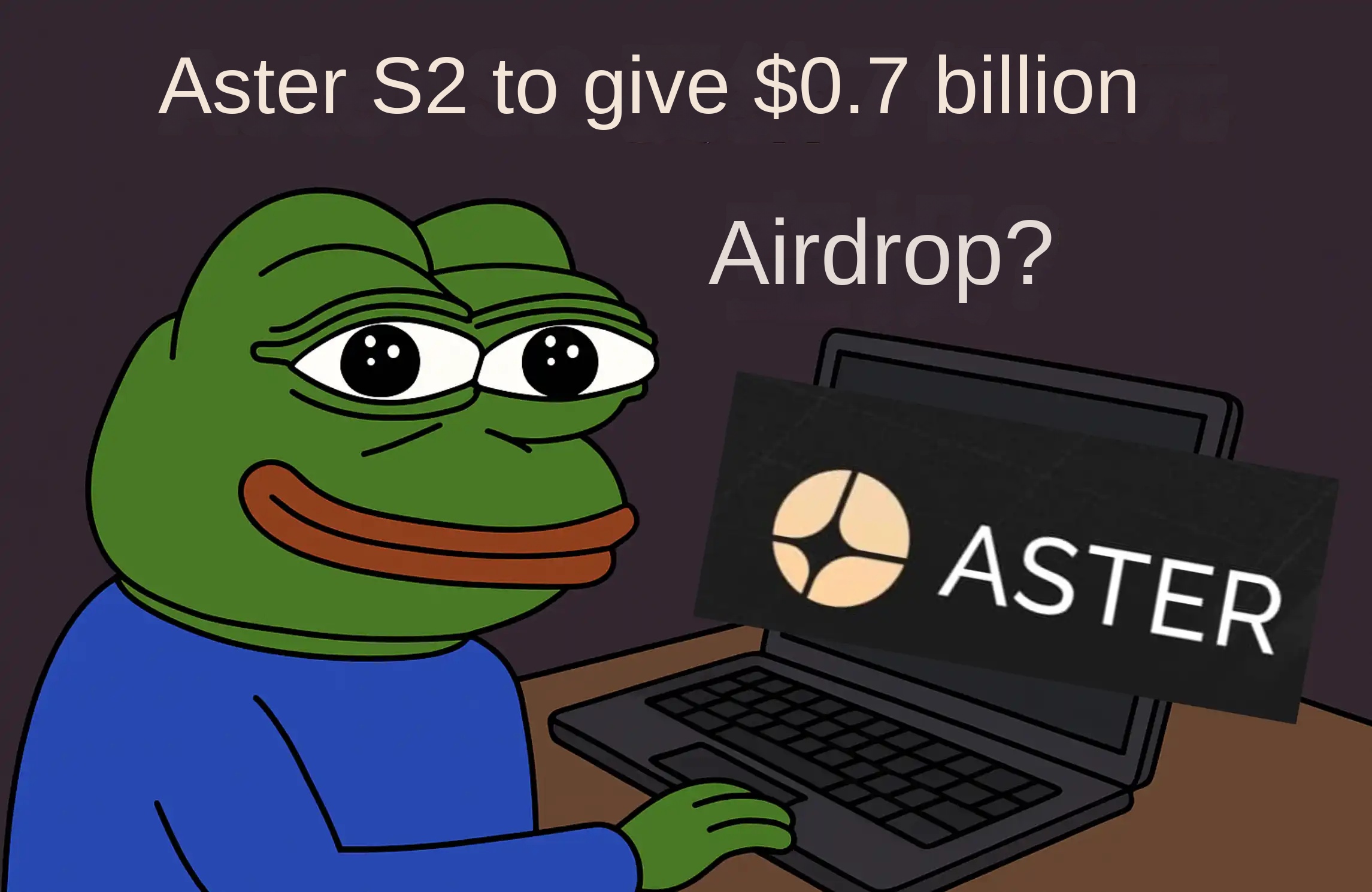South Korea's largest exchange platform Upbit will be acquired by Naver, marking the beginning of a new era in the crypto market known as the "Chaebol Era"?
Original Article Title: "Korea's Largest Exchange Upbit to Be Acquired by Naver, Is the Crypto Market Entering the 'Chaebol Era'?"
Original Article Author: TechFlow of DeepChain
Korea Blockchain Week (KBW) is in full swing in Seoul, with the eyes of cryptocurrency enthusiasts all focused on South Korea.
At this time, according to the South Korean newspaper DongA on Thursday, South Korean internet giant Naver plans to engage in a stock swap with Upbit's parent company Dunamu, making Dunamu its subsidiary.
This means that South Korea's largest internet company will be in control of South Korea's largest cryptocurrency exchange.
Currently, the South Korean crypto market is indeed experiencing an unprecedented level of activity.
The user accounts of South Korea's top five exchanges have exceeded 9.6 million, accounting for approximately 18.7% of the total population. Among them, Upbit occupies over 80% of the market share, and its daily trading volume often surpasses $10 billion. The South Korean won has become the world's second-largest fiat for crypto trading, second only to the US dollar.
Just at the beginning of this month's Upbit Developer Conference, Dunamu just released its Web3-based blockchain GIWA Chain and GIWA Wallet; this Layer2 based on OP Rollup technology showcased Upbit's technological ambitions.
Now, this stock swap transaction did not come out of the blue.
In July of this year, the two parties announced a collaboration to develop a Korean won stablecoin; in September, Naver acquired 70% of Dunamu's subsidiary securities trading platform. Now, it appears that these were all preludes to a full acquisition.
The current valuation of Dunamu is approximately 8.26 trillion South Korean won (around $6 billion). If the transaction is completed, it will be the largest M&A deal in the history of the South Korean crypto industry.
Who is Naver? The Google and Tencent of South Korea
Naver is South Korea's largest internet company, with a market value of around $50 billion.
In South Korea, Naver's position is akin to that of Google and Tencent. It not only monopolizes 70% of the search engine market but has also built a vast internet ecosystem through its products.
Most Chinese users may not be familiar with the name Naver, but they definitely know about LINE. LINE is a subsidiary of Naver, with over 200 million users in Japan and Southeast Asia, making it one of the largest instant messaging apps in Asia.
Naver's business scope goes far beyond this.
Naver Financial is its fintech subsidiary, and its Naver Pay is South Korea's largest mobile payment platform with 30 million users, covering nearly half of South Korea's population. From online shopping to offline payments, from transfers to financial management, Naver Pay has deeply integrated into the daily lives of South Koreans.

Similar to other global tech giants, Naver acquires users through its core platform (search engine) and then continuously expands services to create an ecosystem that users find hard to leave.
In the financial field, Naver has been accelerating its presence. Naver Financial was established in 2019, digital banking services were launched in 2020, and a securities brokerage license was obtained in 2024. In September of this year, Naver Pay acquired a 70% stake in Dunamu's Securities Plus Unlisted for 68.6 billion Korean won.

The acquisition of Upbit is the final puzzle piece in Naver's financial landscape. Once completed, Naver will have:
- Payment tools (Naver Pay)
- Securities trading (Securities Plus)
- Crypto trading (Upbit)
- Upcoming Korean won stablecoin
This vertical integration enables Naver to offer users a full range of financial services from fiat to cryptocurrency. More importantly, through LINE's 200 million overseas users, this system may expand beyond South Korea to cover the entire Asian market.
Korean Characteristics: When Chaebols Meet Web3
Naver's acquisition of Upbit is not an isolated case. This is one of the latest demonstrations of major Korean conglomerates fully entering the crypto market.
Kakao's foray started even earlier. In 2019, they launched the public chain Klaytn, promoted the Klip wallet to 50 million KakaoTalk users. The KLAY token is currently ranked in the top 50 globally. In September of this year, Klaytn and LINE's past development Finschia Chain announced a merger to form the new Kaia Chain.
On the other hand, Samsung started with hardware. Starting from the Galaxy S10 in 2019, Samsung smartphones have had a built-in crypto wallet feature. Samsung SDS also provides blockchain solutions for enterprise clients. Although Samsung does not directly operate an exchange, its layout at the infrastructure level is also clear.
Traditional financial institutions are also accelerating their entry. In August of this year, eight banks, including KB Financial Group and NH NongHyup, announced a joint development of a Korean won stablecoin project. This timing coincided with Naver and Dunamu's stablecoin partnership announcement a month prior.
This kind of large enterprise-led landscape is not surprising in South Korea.
The South Korean economy has long been dominated by large conglomerates, with the top ten chaebols contributing significantly to the country's GDP. When new industries emerge, these large enterprises typically move in quickly and establish a dominant position.
Dunamu was founded in 2012 and launched Upbit in 2017. In a market environment like South Korea, it is not easy for an independent company to develop a valuation of 8.26 trillion Korean won. Choosing to join the Naver ecosystem now may be a strategic decision in response to increasingly fierce competition.
Looking back at past information, South Korean corporate entry into the crypto market has several characteristics:
First, massive and rapid resource allocation. Kakao took only about a year from deciding to develop blockchain to the launch of the Klaytn mainnet. Naver, from announcing stablecoin collaboration in July to now preparing for a full acquisition of Dunamu, took just over two months.
Second, highly coordinated with government policy. The South Korean government paused its central bank digital currency project this year and instead supported the private sector in developing stablecoins. This policy shift coincided with major corporate acceleration in crypto business deployment.
Third, building independent ecosystems. Naver has its own payment system, Kakao has its own blockchain, and the banking consortium wants to promote its stablecoin. Each group is building a relatively closed system, with high migration costs for users between different ecosystems.
The result of this model is an increasing level of market concentration.
According to publicly available data, Upbit once held about 73% of South Korea's trading volume, Bithumb about 25%, and the remaining market share divided among Coinone, Korbit, and others. With Upbit being acquired by Naver, market concentration may further increase.
Led by business conglomerates, progressing rapidly, and emphasizing practicality above all, South Korea has its own development model for the cryptocurrency industry.
You might find this a bit less decentralized, but Koreans seem unconcerned. Nearly 20% of South Koreans are involved in cryptocurrency trading, and they are more focused on convenience and security.
The "New Business Conglomerate Era" in the Global Cryptocurrency Market
It's not just South Korea; looking globally, the current cryptocurrency market is undergoing a transformation from grassroots entrepreneurship to giant monopolies.
Let's start with the Middle East. Binance received investment from the Abu Dhabi sovereign wealth fund this year, although the specific amount was not disclosed, market rumors suggest it's in the billions of dollars. The Dubai royal family supports multiple cryptocurrency projects, aiming to make Dubai the "global capital of cryptocurrency." Saudi Arabia's Public Investment Fund (PIF) is also actively involved in blockchain initiatives.
The United States is taking a different path: traditional finance is gradually absorbing the cryptocurrency market, eventually turning it into another asset class.
As government attitudes toward the cryptocurrency industry become increasingly friendly, major Wall Street institutions are shifting gears. BlackRock has launched a Bitcoin ETF, Fidelity offers cryptocurrency custody, Goldman Sachs has started cryptocurrency trading...
Although Coinbase remains somewhat independent, its institutional business is growing, and retail investors are becoming less dominant in trading.
Japan's situation is more nuanced. As early as 2018, Rakuten acquired a cryptocurrency exchange, and SBI Holdings operates one of Japan's largest cryptocurrency platforms. However, unlike the aggressive approach of South Korean conglomerates, large Japanese corporations' cryptocurrency strategies are relatively conservative, more like defensive investments.
Behind these different models are reflections of varying regional understandings of cryptocurrency, but the outcomes seem to be similar: independent cryptocurrency companies are finding less room to thrive; attractive cryptocurrency assets are seeing increasing institutional holdings.
For example, large centralized exchanges (CEXs) and cryptocurrency infrastructure companies (such as stablecoins), considering compliance and attracting more incremental users, are either gradually accepting large investments from traditional capital or seeking to go public in the capital markets.
BTC and ETH have become hot assets for corporate cryptocurrency treasuries.
Perhaps a more accurate way to describe this phenomenon is that the cryptocurrency market is becoming layered.
The upper layer is institution-led, compliant, and centralized. Here you find ETFs, custody services, licensed exchanges; the lower layer is community-driven, experimental, and decentralized. Here you find Perp DEX and Meme.
The mainstream market is controlled by big capital, serving regular users and institutions; the edge market remains decentralized, continuing technological innovation and experimentation.
As for whether this phenomenon is good or bad, there may not be a simple answer.
Welcome to join the official BlockBeats community:
Telegram Subscription Group: https://t.me/theblockbeats
Telegram Discussion Group: https://t.me/BlockBeats_App
Official Twitter Account: https://twitter.com/BlockBeatsAsia


 Forum
Forum Finance
Finance
 Specials
Specials
 On-chain Eco
On-chain Eco
 Entry
Entry
 Podcasts
Podcasts
 Activities
Activities
 OPRR
OPRR









